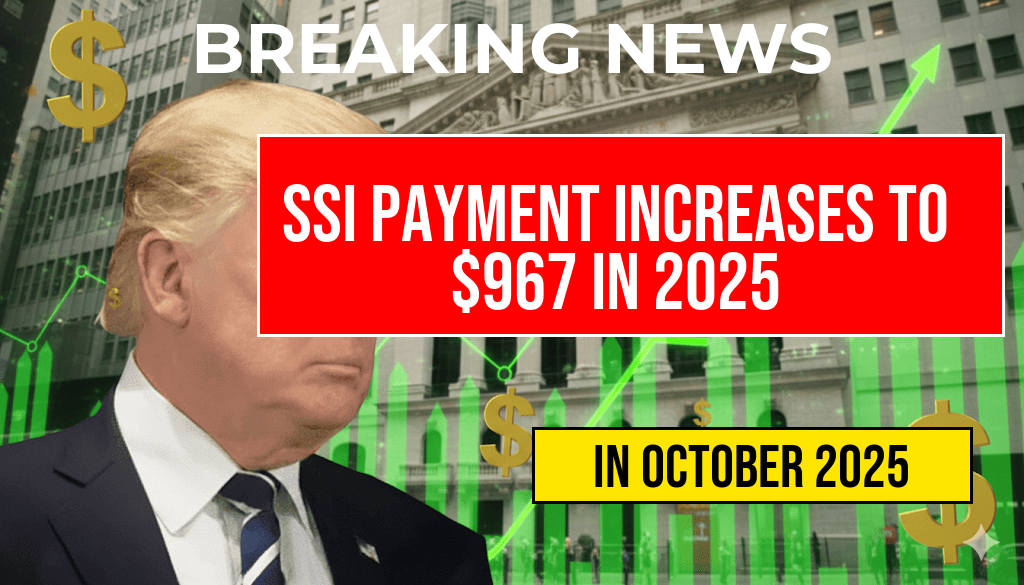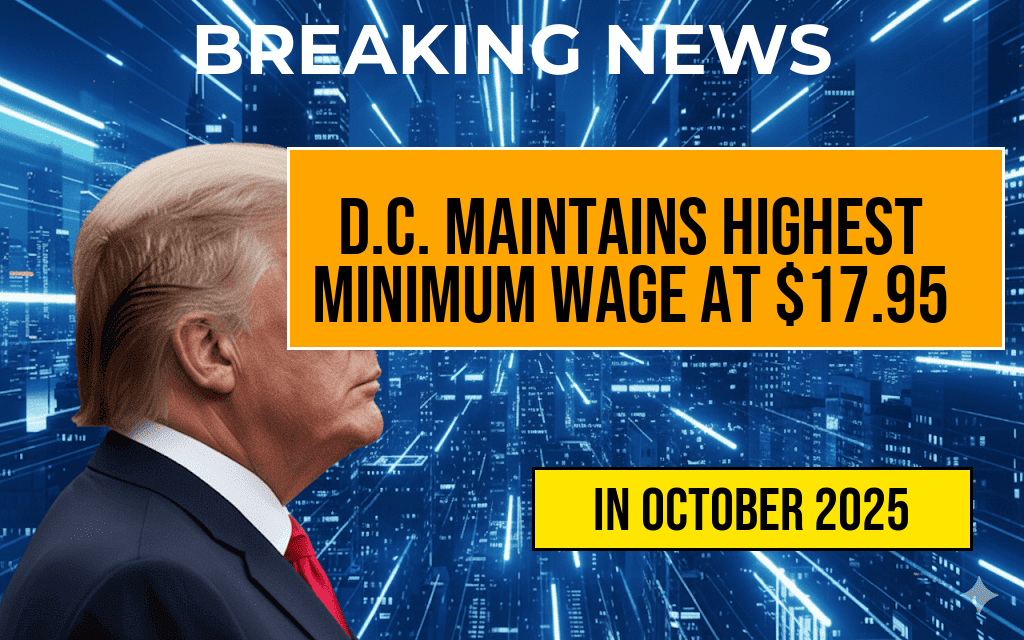New policies proposed by the federal government could lead to a significant decline in the average income of middle-class families, with estimates suggesting a reduction of approximately $1,300 by the year 2027. The changes, aimed at addressing inflation and other economic pressures, have sparked debate among economists and political analysts regarding their potential impact on household finances. With the middle class already facing challenges from rising living costs and stagnant wages, the implications of these policies could exacerbate existing financial strains.
Understanding the Proposed Policies
The new measures under consideration include adjustments to tax regulations, modifications to social security benefits, and alterations in federal spending priorities. These policies are part of a broader effort to stabilize the economy amidst rising inflation and shifting job markets.
Key Components of the Policies
- Tax Adjustments: Changes in tax brackets and deductions could reduce disposable income for many households.
- Social Security Modifications: Proposed changes may affect the benefits received by retirees and those with disabilities, impacting family finances.
- Federal Spending Cuts: Potential reductions in funding for social programs could limit support for low- and middle-income families.
The Impact on Middle-Class Families
As the middle class accounts for a significant portion of the U.S. economy, any decline in their income can have far-reaching effects. Analysts warn that the projected loss of $1,300 could hinder spending power, which is crucial for economic growth.
Economic Context
Current inflation rates, which have surged in recent months, have already strained household budgets. According to the U.S. Bureau of Labor Statistics, consumer prices have risen steadily, affecting everything from groceries to housing. The proposed policies are seen as an attempt to combat these economic challenges, but they carry the risk of further diminishing the financial stability of many families.
Expert Opinions
Experts have varied opinions on the effectiveness and necessity of the proposed policies. Some economists argue that tax adjustments and spending cuts are essential to rein in inflation and ensure long-term economic viability. Others, however, caution that these measures could disproportionately affect those already struggling to make ends meet.
What Analysts Are Saying
- Positive View: Proponents believe that fiscal restraint is necessary to prevent runaway inflation and that the long-term benefits will outweigh short-term losses.
- Negative View: Critics argue that reducing income for middle-class families could lead to decreased consumer spending, ultimately harming the economy further.
Future Projections
The implications of these policies will likely unfold over the next few years, with the most pronounced effects expected by 2027. Analysts suggest that families should prepare for potential changes in their financial landscape, including the necessity for better budgeting and financial planning.
Financial Preparedness Strategies
To mitigate the effects of potential income reductions, experts recommend several strategies:
- Budgeting: Households should reevaluate their budgets to adjust to potential income changes.
- Emergency Savings: Building an emergency fund can provide a buffer against unexpected financial challenges.
- Investment in Skills: Investing in education and job training may help individuals secure higher-paying positions.
Conclusion
The proposed policies could reshape the financial landscape for middle-class families, potentially leading to a reduction in income by $1,300 by 2027. As the nation grapples with economic uncertainties, the balance between fiscal responsibility and the financial well-being of its citizens remains a critical consideration for policymakers.
For further information on these proposed policies and their implications, you can refer to Forbes on income tax brackets and Wikipedia on inflation in the United States.
Frequently Asked Questions
What are the new policies that could affect middle-class income?
The article discusses new policies aimed at various economic sectors that may lead to a reduction in average middle-class income by impacting job growth, tax rates, and benefits.
How much could the average middle-class income decrease?
According to the article, the average middle-class income could decrease by approximately $1,300 by the year 2027 due to these policies.
Who will be most affected by these policies?
The policies are expected to primarily impact the middle class, particularly families and individuals relying on stable income for their livelihoods.
What is the timeframe for the anticipated income reduction?
The anticipated reduction in average middle-class income is projected to occur by 2027, as the effects of the policies unfold over time.
Are there any potential benefits to these new policies?
While the article focuses on the negative impact on middle-class income, it also mentions that there may be some potential benefits, such as improved services or infrastructure, depending on the implementation of the policies.












